
If you've been wondering what ketones are and what is a normal level of ketone in urine you should strive for, then this article is just for you!
Contents
- What are ketones, really?
- How are ketones produced, exactly?
- Ketones in urine: What does it mean?
- What are the symptoms?
- So, what are normal levels of ketone in urine?
- Ketone levels that are too high and too low may be dangerous.
- How do we measure levels of ketones in urine?
- Tips to keep your ketone levels in urine at a normal level
- The bottom line
The number of ketones can indicate how well a person is controlling their diabetes. If a person has high levels of ketones, it may be a sign that the body incorrectly thinks it is starving and produces too many ketones.
Normal levels of ketone in urine Ketone tests are used to check for and monitor diabetic ketoacidosis (DKA). This condition occurs when the body starts using fat instead of glucose as its primary source of energy. As fat cells break down, they release molecules called ketone bodies, which can accumulate in your blood and urine.
To learn more about how they are produced, how they are measured, and health tips to keep your ketone levels in tip-top shape, read on!
What are ketones, really?
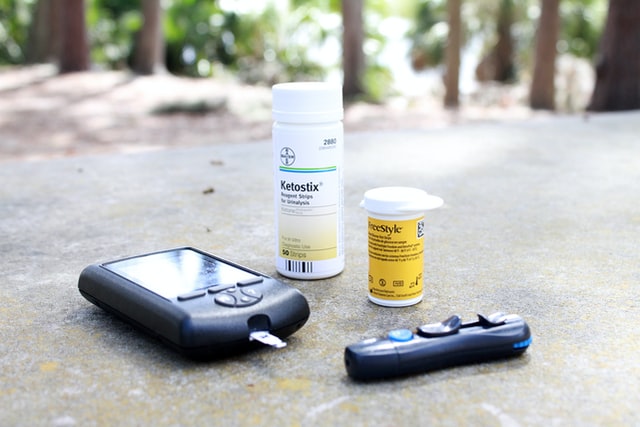
Ketones are chemicals your body produces when it burns stored fat for energy. They're a normal part of metabolism, but they can also be a sign that you're in ketosis. In this state, your body produces ketones as an alternative to using glucose from carbohydrates.
When you eat fewer carbohydrates than your body needs for fuel, such as during a low-carb diet or fasting state, the liver begins producing more ketones as an alternative source of energy. This process is known as ketogenesis.
How are ketones produced, exactly?
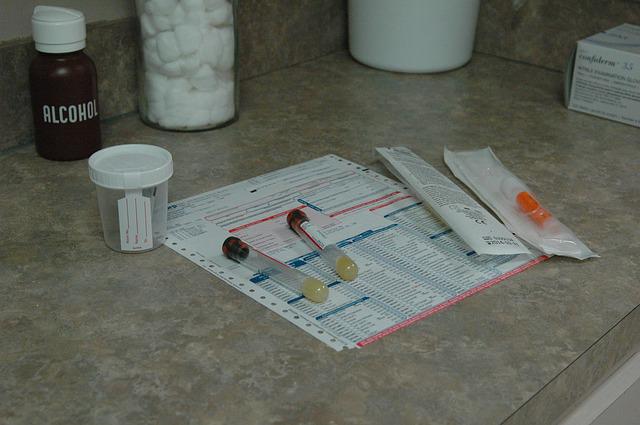
Ketones are produced when your body uses fat for energy rather than carbohydrates. When you don’t have enough insulin, or when your cells become resistant to it (a condition called insulin resistance), your body can’t absorb glucose properly from the bloodstream. Instead, it breaks down triglycerides (fat) into fatty acids and then into a substance called ketone bodies in the liver.
Ketones are released into the bloodstream and then transported to the kidney, where they get eliminated from the body through urine or sweat.
Ketones in urine: What does it mean?

The presence of ketones in the urine can indicate the onset of a potentially dangerous condition called diabetic ketoacidosis, or DKA.
DKA is essentially a type of diabetic coma caused by high levels of ketone bodies (ketosis) in the blood. In DKA, the body fails to produce enough insulin, a hormone that regulates blood sugar levels. Without insulin, glucose would not be able to get into your cells, and your body starts burning fat instead. This causes an accumulation of ketones that spills over into the urine, creating the distinct smell you may recognize on yourself or others who are going through this condition.
What are the symptoms?
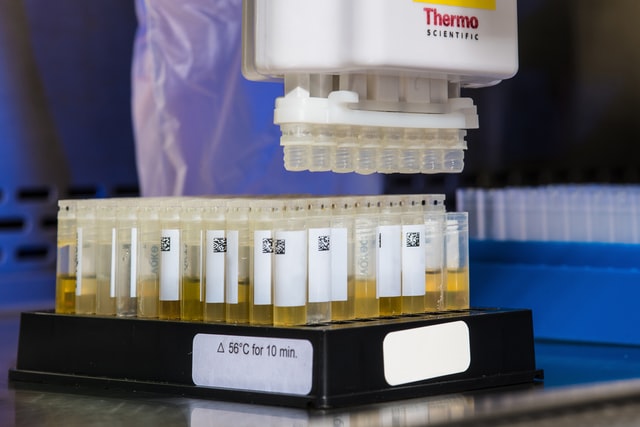
The main symptom is dehydration—you'll feel dizzy when standing up quickly and may start feeling faint or lightheaded at any time during your day without warning.
Other common symptoms include confusion and irritability, as well as nausea or vomiting followed by rapid heartbeat (tachycardia).
Note: If you experience any of the symptoms listed above, immediately head or contact your local healthcare provider for medical attention and consultations on how to best treat your condition. Everyone's health is different; there is no one-size-fits-all treatment, so sticking to the treatment plans tailored for you would be in your best interest and long-term health.
So, what are normal levels of ketone in urine?

Ketones are measured by when they appear in your urine. When you eat a high-fat diet and lack carbohydrates, the liver starts to burn fat to create ketone bodies for energy. Ketones are excreted through urine and can be detected using urine strips that change colour when they come into contact with ketones. Diabetics use these tests regularly to monitor their blood sugar levels and prevent diabetes from becoming severe enough to require insulin shots.
An excellent example of a healthy level is anything lower than 20 mg/dL, which should mean you have little to nothing to worry about! However, if you have moderate levels of ketone in urine (30 to 40 mg/dL) or high levels of ketone in urine (anything above 80 mg/dL), immediately contact and seek your local healthcare provider for possible medical treatment.
Ketone levels that are too high and too low may be dangerous.
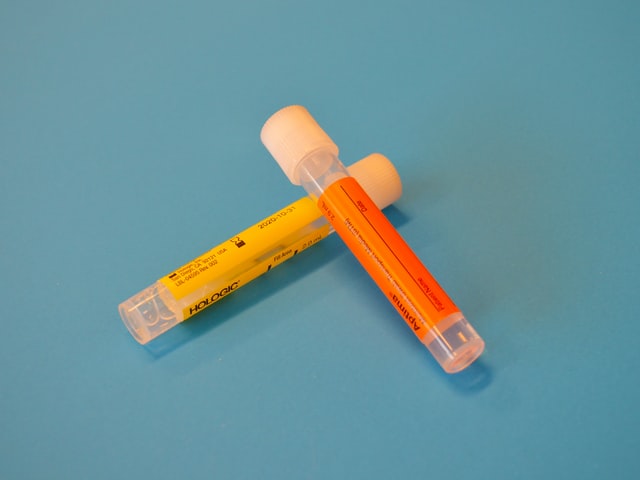
Low or too low ketone levels may indicate something more serious than a diet change. Low ketone levels can be dangerous, particularly in people who are overweight or obese. In these cases, the body may be using fat as fuel instead of carbohydrates due to a lack of access to other forms of energy (like glucose).
While this would be an efficient way for your body to use its resources—and could even help you lose weight—it can also be harmful if not treated properly.
Low ketone levels may indicate that your body is breaking down muscle tissue for energy. This state is called starvation and can lead to muscle wasting and extreme weakness if left untreated.
How do we measure levels of ketones in urine?

Ketone levels are usually measured using a blood test. However, urine can also be tested for ketones with a simple dipstick. This is not as accurate as a blood test, but it can give an indication of whether you have high or low levels of ketones in your body.
For the purpose of aligning the context with this article, we will be focusing on the urine test, where you can either conduct the test at a local healthcare facility or at the comfort of your own home.
For both test sites, you are required to not eat anything for a few hours before the urine test; then, about 1 to 2 ounces of your urine will be collected to be analyzed and tested. The difference is, if you do so at home, you will be doing the analysis (don't worry, it's no rocket science!).
Your doctor should provide you with a kit where you will be given a test trip and a urine collecting container (usually a standard cup with a cover lid). Once you have done your business and collected your urine sample, all you have to do is compare and match it with the different colours on the test strip. Each colour indicates the level of ketones in your urine (and whether it is healthy or not).
If your sample colour doesn't seem to match a healthy level of ketones in your urine, don't worry just yet! Ketone levels vary from one individual to another in terms of age, gender, and overall lifestyle. So, book an appointment with an expert (aka your local healthcare provider) to discuss what the results mean and what to do moving forward to keep your urine at normal levels again.
Tips to keep your ketone levels in urine at a normal level

Here are some tips to help you keep your ketone levels in urine at a normal level:
- Eat a healthy diet. This means eating plenty of fruits, vegetables, whole grains, and lean protein like chicken or fish. Stay away from high-fat foods such as fried foods and red meat. If you're diabetic, work closely with your doctor or dietitian to create a meal plan that works for you.
- Exercise regularly. It's essential to move around every day by doing activities like walking or gardening rather than sitting for long periods of time on the couch watching TV all day long!
- Monitor your blood glucose levels regularly if you have type 1 diabetes (T1D) because this will help prevent ketoacidosis—a dangerous condition that can occur when there isn't enough insulin available in the body to allow sugar (glucose) molecules into cells where they are used as fuel instead of being converted into fat cells which would result in weight gain if not controlled properly through medication management along with other lifestyle changes such as exercising regularly which helps regulate blood sugar levels more easily without having any adverse side effects associated with taking certain medications.
The bottom line
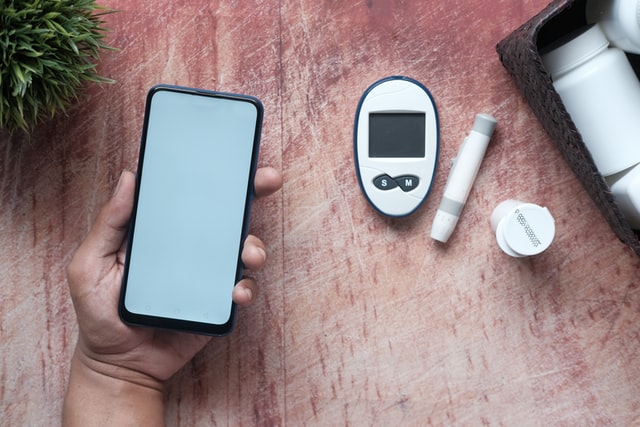
As we’ve discussed, ketones are produced naturally by our bodies when we burn fat for energy. Ketone levels should be within a range lower than 20 mg/dL as the normal, healthy level. Suppose yours are higher than this (say 30 mg/dL to above 80 mg/dL).
In that case, we highly encourage seeking a medical health professional for a proper diagnosis and planned treatment to get your ketone levels back to normal, as they should and will be!
A person may have an elevated level of ketones if they are following a low carbohydrate diet, pregnant with type 1 diabetes mellitus (T1DM), suffering from starvation or anorexia nervosa (AN), experiencing vomiting or diarrhoea from any cause other than T1DM, as well as several other possible causes listed above.
When there is an elevated level of ketones in the bloodstream due to T1DM, it means that glucose cannot get into cells where they need it most, so they will metabolize fats instead - thus producing higher amounts of acetyl CoA which can then form more acetoacetate molecules that eventually become detectable by testing strips (or meters) used on urine samples.





